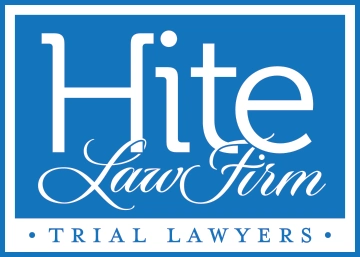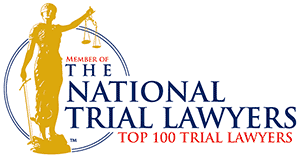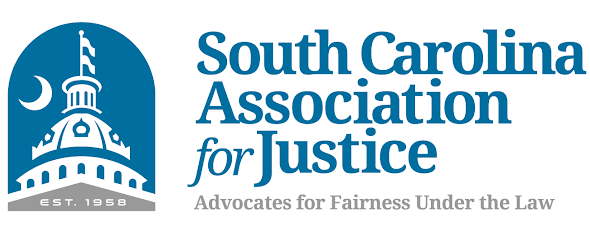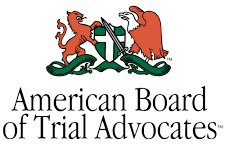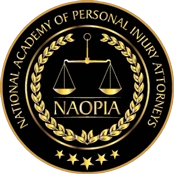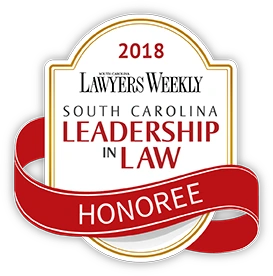Nursing homes and similar facilities have a responsibility to take reasonable steps to ensure their patients’ needs are being met. One area in which these establishments often fall short is medication. Medication errors in assisted living facilities and nursing homes are unfortunately common and can have drastic and even fatal consequences for the victim. If you or a loved one resides in a nursing facility and was harmed due to a medication mistake, you may have the right to seek compensation. Having the right legal team in your corner can make a difference.
Abbeville, SC Hite Law Firm Trial Lawyers are here to advocate for you and your family.
What Are Medication Errors?
Elderly individuals often require several prescription drugs to manage or prevent health conditions. A medication error can occur in several ways.
- A physician prescribes an incorrect medication: This could mean prescribing the wrong drug, prescribing a drug that conflicts with another medication, or prescribing too small or too large a dosage.
- A doctor prescribes the correct medication, but a pharmacy makes a mistake: If the drug is filled incorrectly or the patient isn’t warned about possible side effects, responsibility could pass to the pharmacy.
- A nursing home caregiver administers the wrong medication: Here again, the mistake could be giving the wrong medication, giving an incorrect dosage, or other errors.
- A nursing home caregiver fails to follow the right schedule or instructions: Certain drugs have to be taken according to a strict schedule or other requirements (e.g. food), but some caregivers may overlook these details.
Types of Nursing Home Medication Errors
Unfortunately, there are many types of medication errors in nursing homes. Common examples include:
- Dosing errors: As mentioned above, this mistake can happen at any stage, from prescription to administration of the drug. Nursing home facilities sometimes keep poor records that result in excessive dosages or not enough of the medication being given to the patient.
- Patient identification errors: A nursing home resident may have the same or similar name as someone else at the facility, which can confuse when administering medication. This may cause harm both to the patient, who incorrectly receives the medicine and the one who is deprived of it.
- Giving out old medication: Medications that have expired may be ineffective or harmful to the patient. Nursing home staff should keep an eye on these drugs to make sure a new prescription isn’t needed.
- Not monitoring for possible side effects: Prescription drugs are known to cause certain side effects, but they can present themselves differently from one patient to another. As a general rule, nursing home staff should be aware of side effects and monitor patients for adverse signs.
Why Nursing Home Medication Errors Happen
If you or your loved one has been harmed by one of these mistakes, it will be important to understand why it happened. Common reasons include:
- Caregiver distractions: Any time a nursing home employee is actively taking care of a patient, he or she should stay focused on that action. This is especially true when it comes time to administer prescription drugs.
- Poor training and inexperience: Families assume that the employees caring for their loved ones have the requisite experience to do a good job. However many establishments are operated by caregivers with poor training.
- Understaffing: Mistakes are bound to happen if there are too few staff members or too many residents. Patients get overlooked, which means they may not receive their medicines on time.
- Overworked caregivers: Any time someone in the medical field doesn’t get enough rest, patients can suffer. This is no less true with nursing home facilities and patients whose medication needs are not properly met.
- Poor records: Insufficient and inaccurate patient records can prove harmful. Facilities absolutely must know the medical information of each patient and reliably record details about their medicines.
- Poor communication: There is a chain of command from doctors who prescribe medications to the pharmacists who dispense them to the caregivers who administer them. A breakdown in this chain, often due to miscommunication, can cause a serious mistake.
Types of Medication Error Injuries
Prescription drug injuries usually come in the form of adverse side effects, though more serious problems are possible. Injuries resulting from medication errors may include:
- Skin damage
- Allergic reactions
- Internal organ bleeding and damage
- Organ failure
- Brain damage
- Harmful interactions with other medicines
- Worsening health issues that are not properly treated by the medication
- Infection
- Pain and suffering
- Death
Our firm handles both personal injury and wrongful death cases that stem from medication errors in nursing homes.
Legal Liability and Nursing Home Medication Errors
Because of the aforementioned chain of command, it is not always clear who made the mistake.
The doctor, pharmacist, caregiver, and other individuals and facilities could be liable.
Sometimes, more than one party shares responsibility. In any case, all of these professionals owe a legal duty of care to their patients. When they fail on that duty of care and cause injury, the patient or the patient’s family members may have a cause of action. Laws exist to protect patients and allow them to seek monetary damages for their injuries.
How To Address Medication Errors
Active involvement by the patient’s family can help prevent medication errors in nursing homes. Steps you should take:
- Learn about the medications your loved one is taking, including by speaking with their doctor or pharmacist
- Visit your family members on days and times when you know they will be receiving their medicines to ensure mistakes aren’t made
- If a prescription drug changes for some reason, make sure the nursing home knows about the details of this change
- Watch for side effects in your loved one and report them to the nursing home facility, doctor, and pharmacist
Withholding Medication and Nursing Home Abuse
Not giving medication to a nursing home resident is neglect; intentionally withholding it may be abuse. It is a sad reality that many nursing home employees deliberately withhold medication as a form of control, punishment, or coercion. On the other hand, a staff member may intentionally give too much medication to sedate a patient they view as bothersome. Whether neglect or abuse, your loved one deserves better than this.
Contact an Abbeville Nursing Home Abuse Lawyer Today
Everyone who resides in a nursing home deserves to have their medical needs properly addressed. Medication errors represent one of the most egregious failures of a nursing home.
Has your loved one been injured or killed because of a mistake involving prescription drugs? Talk to the Hite Law Firm about seeking justice and compensation. Reach out to us today.
